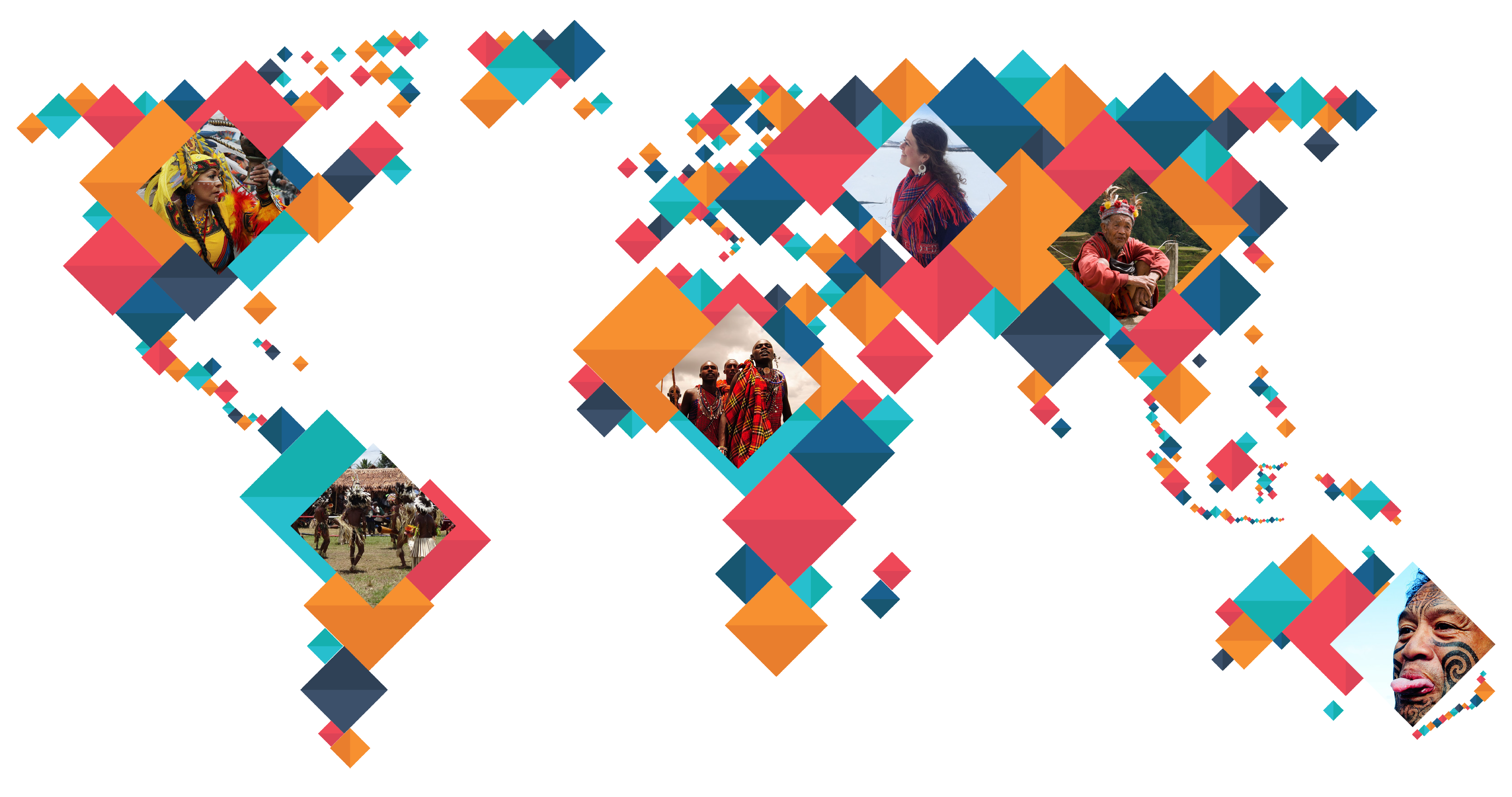‘Training the Western legal systems to listen to other voices’

Back in 2018, Margherita Paola Poto, a Postdoctoral Fellow at the Norwegian Centre for the Law of the Sea (NCLOS) at the Arctic University of Norway, was the project leader of the YoungCAS workshop on Indigenous Law and Methodology.
Margherita Paola Poto and her colleague Giulia Parola have now gathered the refereed contributions presented during the workshop in a book: Inclusion, Coexistence and Resilience: Key Lessons Learned from Indigenous Law and Methodology.
‘This book reflects on the lessons learnt during our conversation during the YoungCAS workshop, and collects wonderful contributions from the participants and beyond’, Margherita Poto writes in an email to CAS.
The YoungCAS programme was held on July 2-7, 2018, and was a weeklong, intensive workshop that in 2019 was extended and revised into the Young CAS Fellow programme.
Inclusion, coexistence and resilience
The scholars take the term ‘indigenous law’ to refer to ‘indigenous knowledge, observations, cosmologies and traditions’.
The participants at the workshop, who came from Brazil, Canada, Italy and Norway, challenge a widespread criticism of indigenous law for adopting ‘non-scientific’ and ‘non-objective’ methods.
On the contrary, Poto and Parola argue that ‘Indigenous knowledge deeply contributes to enriching laws and research, gently nudging them to change, and training the Western legal systems to listen to other voices that were silenced for too long’.
In this book, the scholars challenge this degradation of indigenous law in two ways. Poto explains:
‘We need to re-discuss accounts of objectivity that rely on the over-simplification of models and reductionist approaches (that can derive from State-oriented perspectives, colonialist approaches and in general from asymmetric power relations).’
Secondly, the scholars suggest endorsing and shedding light upon indigenous worldviews, or indigenous methodology.
‘Indigenous methodology teaches us to take due account of indigenous perspectives and gives us a renewed and fresh view on key issues such as human rights protection, procedural and substantive environmental rights, food safety and security, right to free movement of peoples, immigration and gender.’
What did the YoungCAS workshop mean for your work?
‘My way of looking at the world and at my research had a long-desired shift thanks to the YoungCAS programme, and now I feel that I am on the right track in pursuing my work passion and life purpose: exploring the symbiotic relationship between humans and non-humans, where human consciousness and the natural world communicate, create and co-create their relationships. Indigenous worldviews, as deeply interconnected as they are to the natural world and observations of it, are essential to restructuring the new world that, we believe, is on her way’, Poto writes.
CAS launched the YoungCAS programme in 2017, giving postdoctoral students and other young scholars an opportunity to collaborate on a project that furthers frontline fundamental research. The programme was extended and revised in 2019 into the Young CAS Fellow programme.